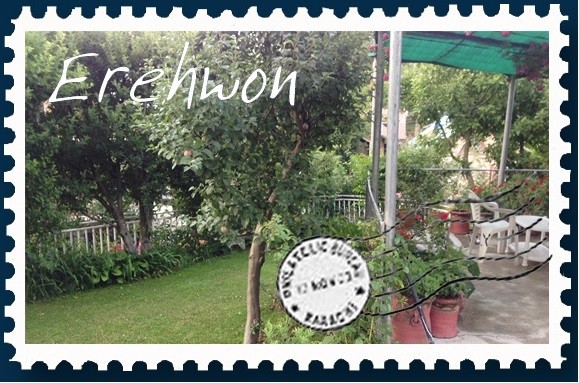
A walk through Murree in Monsoon, when it turns into a prettified version of the Scottish highlands

The undeniable chills and fog that follow monsoon showers in Murree drift through the windows. The light becomes soft and the skies a dull silver-grey; Murree becomes as the English imagined: a prettified Scottish highlands. What both Scotland and Murree have in common is an English conquest and subsequent reshaping of the landscape to express colonial imagining of leisure, beauty and Englishness.
They also have in common the fact their original inhabitants were rebellious tribesmen. The Scottish Highlanders in their resistance to English conquest are celebrated in films, songs and painting to this day, but Murree’s resistance is little known.
I only recently came to know of the Dhund rebellion and enquired with locals if they knew of the events of 1857. The brief Murree Rebellion was led by the Dhund hill tribesmen and happened when English troops were deployed from the hill station to fight in Delhi during the War of Independence. Unprotected, the Murree hill tribes coordinated attacks on the British residents helped by the local house-servants employed in English homes. Had it not been for one Hakim Khan, a servant in the house of Lady Lawrence who alerted the British, there was real anticipation that Murree would fall from colonial rule. A few months later, after the English foiled the attack, the garrisons that now link Murree to Nathia Gali were established including, Bara, Changla, Dunga and Kouza Galis. The Abbasi, Karlals and other clans we now meet in Murree are sometimes related or sub-tribes of these same rebellious Dhund hill tribesmen.
After quashing the Murree Rebellion, the English set about in earnest to transform the landscape of Murree. To this day, my mother’s garden reflects this imagined idyll that the heat scorched English dreamed up during their sojourn in India. A charmingly curved white metal picket fence surrounds an undulating lawn, prettily bordered by seven apple trees under whose well-pruned canopies are shrubberies that I have planted.
Some of these garden plants were collected from the hills around Kashmir Point including the irises, daylilies, the wild rose creepers and hollyhocks. Some were pinched from the disused gardens of neighbours and others carefully bought to complete the picture-perfect scene, especially the blue and pink hydrangeas, the hostas, the red-hot pokers and the geraniums. Edible herbs are carefully transplanted gifts from my friend Zahrah’s Bhurban garden and include rosemary, borage, lemon balm, mint and chives. A particularly brilliant crimson-rose creeper provides a dash of striking colour, as does the rich pink of the button rose creeper festooned over the pergola.
The buddleia bushes are just in early flower but still, the butterflies flock to its nectar, as the black drongo birds hover above on the telephone wires waiting for a catch of a tasty insect. Every day we watch this shikaar (hunt).
As I read from my parent’s collection of paperback books spanning over 60 years, I feel a huge continuity with the voices in the books. EM Forster’s The hill of Dev is an account of his time at the principality of Dewas (now Madhya Pradesh) in the early 1900s. He and his friend Malcolm Darling became deeply influenced by India which changed forever their view of racial superiority and altered their own identity through a close and sympathetic study of India.
These are days to curl up and read and walk outside when the showers subside. The first mists have just rolled up the hillside to the ridge where our house is located. Scottish highlands or Himalayan foothills, these are the makings of a human reverie of coolness, leisure, and an escape from the unrelenting heat of the Punjab plains.
If asked "who would you invite to your Murree garden for tea this evening?", I know just what my guest list might be. Mr EM Forster who remained single and gay. His friends, Mr and Mrs Malcolm Darling all for their close study of India and resulting self-transformations. My very own father-in-law Mirza Hassan Habib, and his friend Dr Akhtar Hameed Khan as intellectual young Muslim men who mounted searing critiques of colonial paradigms, the former of the civil service, the latter of rural development. Mrs Sarojini Naidu, for her unique role in Partition and nature poems, Mr and Mrs Salim Ali for the deep knowledge of Indian birds and fauna. Included also would be my maternal great-grandmother Amma Begum for her sharp and hilarious tongue, and my self-deprecating, far-sighted paternal grandfather, Syed Akbar Ali of Roorki Engineering College. My little garden has just enough standing space for this congregation of fascinating guests, and I think I have just enough crockery and cutlery from the past to make everything familiar for my dream tea party in Murree this monsoon.